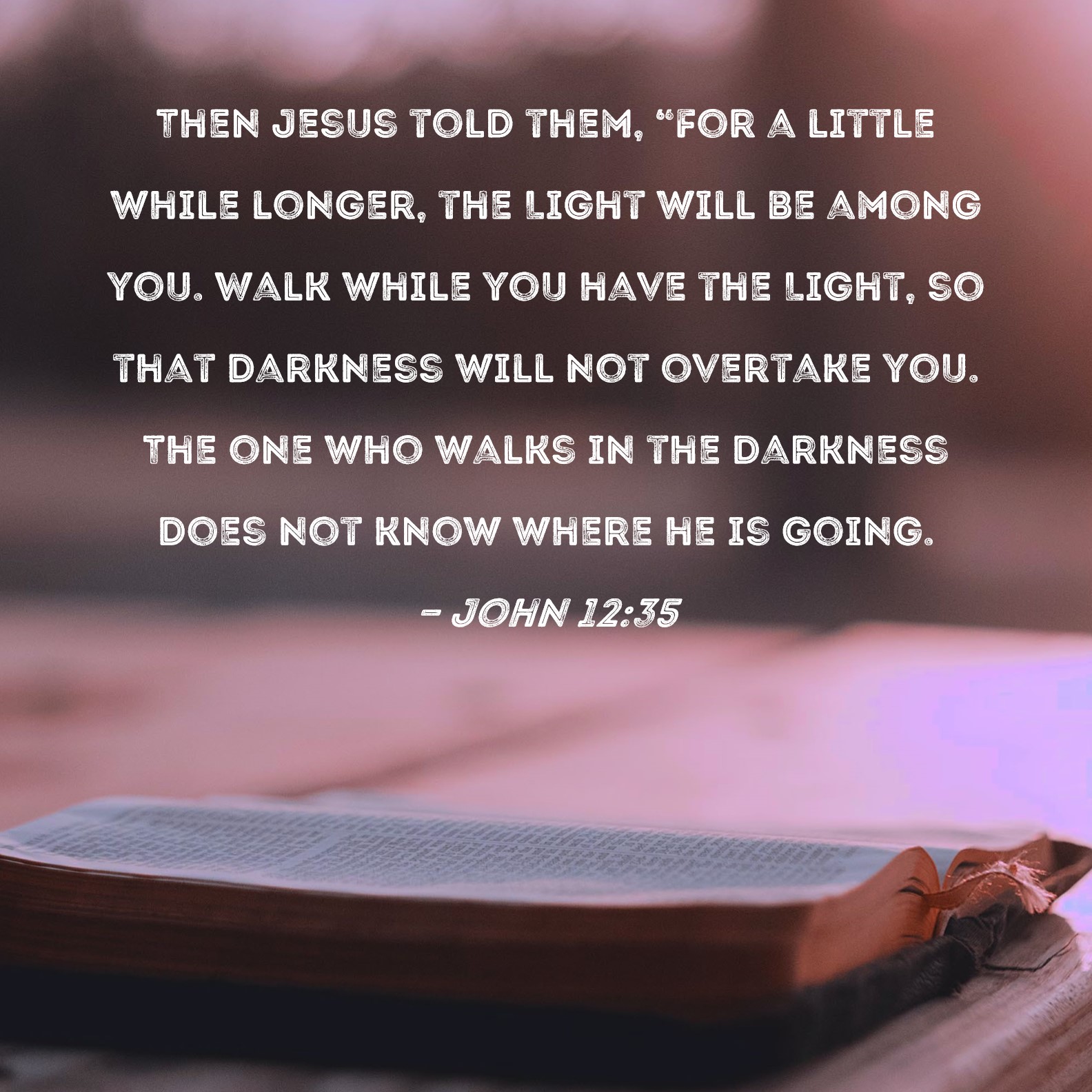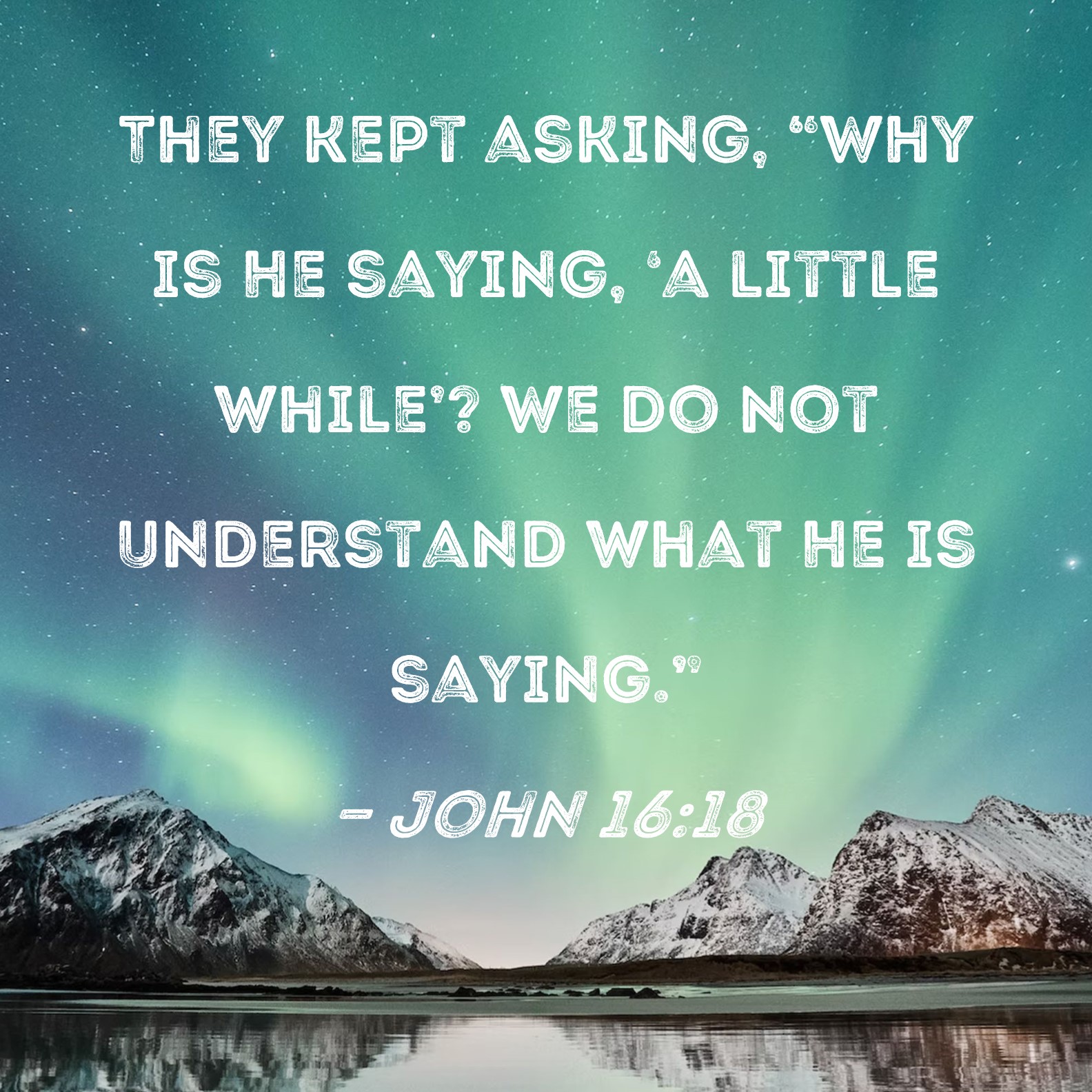The Holy Spirit indwells us because He is spirit, just as demons indwelt the one calling himself Legion. There's no case of a physical being indwelling another physical being.
We are a spiritual temple offering spiritual sacrifices.
1 Peter 2:4As you come to him, a living stone rejected by men but in the sight of God chosen and precious, 5you yourselves like living stones are being built up as a spiritual house, to be a holy priesthood, to offer spiritual sacrifices acceptable to God through Jesus Christ.
As to Revelation 6 and the martyrs who had been killed asking for vengeance, it doesn't say they were in and unnatural state. They just ask how long it would be, and Jesus promised them it would be just a little while longer.
So what do you think Jesus means by "little while"?
John 16:16 In a little while you will see Me no more, and then after a little while you will see ...
... to say, "In a little while you will see me ... more, and then after a little while you will see me ... then while will you NT: John 16:16 A little ...
 John 12:35 Then Jesus told them, "For a little while longer, the Light will be among you. Walk ...
John 12:35 Then Jesus told them, "For a little while longer, the Light will be among you. Walk ...
... to have the light just a little while longer. Walk while ... have the light, before darkness overtakes you. Whoever walks in ... while who will You NT: John 12:35 Jesus therefore ...
 John 13:33 Little children, I am with you only a little while longer. You will look for Me, and ...
John 13:33 Little children, I am with you only a little while longer. You will look for Me, and ...
... will be with you only a little longer. You will look ... Little children, yet a little while I am with you. ... while will with you NT: John 13:33 Little children ...
 John 16:18 They kept asking, "Why is He saying, 'a little while'? We do not understand what He ...
John 16:18 They kept asking, "Why is He saying, 'a little while'? We do not understand what He ...
... What does he mean by a little while'? We don't ... what he is saying." And what does he mean by ... were What while' NT: John 16:18 They said ...
 John 14:19 In a little while, the world will see Me no more, but you will see Me. Because I ...
John 14:19 In a little while, the world will see Me no more, but you will see Me. Because I ...
... also will live. Yet a little while and the world will ... me no more, but you will see me. Because I ... while will world you NT: John 14:19 Yet a ...
 John 7:33 So Jesus said, "I am with you only a little while longer, and then I am going to the ...
John 7:33 So Jesus said, "I am with you only a little while longer, and then I am going to the ...
... will be with you only a little longer. Then I will ... am with you only a little while longer, and then I ... while who with you NT: John 7:33 Then Jesus ...

We are a spiritual temple offering spiritual sacrifices.
1 Peter 2:4As you come to him, a living stone rejected by men but in the sight of God chosen and precious, 5you yourselves like living stones are being built up as a spiritual house, to be a holy priesthood, to offer spiritual sacrifices acceptable to God through Jesus Christ.
As to Revelation 6 and the martyrs who had been killed asking for vengeance, it doesn't say they were in and unnatural state. They just ask how long it would be, and Jesus promised them it would be just a little while longer.
So what do you think Jesus means by "little while"?
John 16:16 In a little while you will see Me no more, and then after a little while you will see ...
... to say, "In a little while you will see me ... more, and then after a little while you will see me ... then while will you NT: John 16:16 A little ...

John 16:16 - The Promise of the Holy Spirit
In a little while you will see Me no more, and then after a little while you will see Me.
biblehub.com
... to have the light just a little while longer. Walk while ... have the light, before darkness overtakes you. Whoever walks in ... while who will You NT: John 12:35 Jesus therefore ...

John 12:35 - Jesus Predicts His Death
Then Jesus told them, For a little while longer, the Light will be among you. Walk while you have the Light, so that darkness will not overtake you. The one who walks in the darkness does not know where he is going.
biblehub.com
... will be with you only a little longer. You will look ... Little children, yet a little while I am with you. ... while will with you NT: John 13:33 Little children ...

John 13:33 - Love One Another
Little children, I am with you only a little while longer. You will look for Me, and as I said to the Jews, so now I say to you: 'Where I am going, you cannot come.'
biblehub.com
... What does he mean by a little while'? We don't ... what he is saying." And what does he mean by ... were What while' NT: John 16:18 They said ...

John 16:18 - Grief to Joy
They kept asking, Why is He saying, 'a little while'? We do not understand what He is saying.
biblehub.com
... also will live. Yet a little while and the world will ... me no more, but you will see me. Because I ... while will world you NT: John 14:19 Yet a ...

John 14:19 - Jesus Promises the Holy Spirit
In a little while the world will see Me no more, but you will see Me. Because I live, you also will live.
biblehub.com
... will be with you only a little longer. Then I will ... am with you only a little while longer, and then I ... while who with you NT: John 7:33 Then Jesus ...

John 7:33 - Is Jesus the Christ?
So Jesus said, I am with you only a little while longer, and then I am going to the One who sent Me.
biblehub.com
Upvote
0
